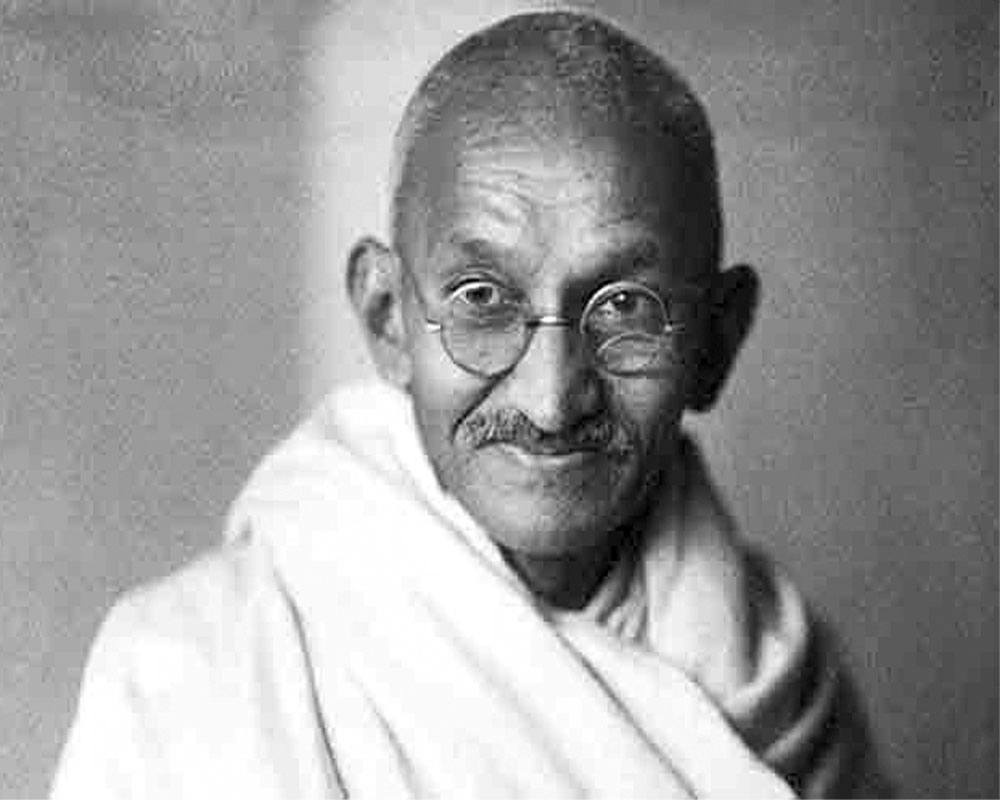The nation will be celebrating the 150th birthday of Mahatma Gandhi on October 2 this year. It is needless to say that given his stature and the contribution he has made to this country, his birthday calls for a grand tribute. Gandhi is a leader who is paid rich tributes not just in India, but across the world. But is showering his bust with marigold garlands and bouquets of fresh flowers year after year enough to celebrate Gandhi? Is it really a fitting tribute to the man he was? We need to revisit his ideas, his ideals and of course his very own model of India. Just like he taught people to, there is a need for the men and women of his nation to look around and analyse the situation for themselves. Screaming headlines and scary news stories portraying the goings on of the present times in our seven-decade old democracy suggest that such diabolic things are happening on the ground which, if not contained, will have very serious consequences. These are the signs of a society that has become lopsided. Sometime back, three little girls died of hunger in the nation’s capital. And that too when there is so much of clamour over right to food security. Families are committing mass suicide as the burden of poverty becomes unbearable for them. Farmers resort to death as the final alternative. These are just a few recent pointers to the already grim scenario that is heart-rending. The fact, though, is that we are gradually drifting towards utter chaos as mobs lynch people on the flimsiest of the pretext in broad daylight. And worse still is the fact that those perpetrating the crime are glorified by the people who matter. Shelter homes are turning out to be nightmares for those who were seeking succour in those four walls. But we are more concerned with signing deals with the likes of Walmart for glitzy malls where vulgar consumerism is at display. As we boast of GDP numbers and economy’s growing size we turn a blind eye to what Gandhi had tried to convey through his talisman — “Whenever you are in doubt, or when the self becomes too much with you, apply the following test. Recall the face of the poorest and the weakest man [woman] whom you may have seen, and ask yourself, if the step you contemplate is going to be of any use to him [her]”. The question is that after whatever we are witnessing, is there any room for doubt? Financial jugglery notwithstanding, the fact is that statistics hardly reassure one when the state of the teeming millions is a saga of duress and tragedy. The rise in number of millionaires may be phenomenal and the fast growth in billionaire count may appear glamourous. But the question is: How is that going to help the majority who are still struggling to make both ends meet? The increasing gap between the haves and the have nots continues to mount. And logic may not provide the answer. What matters is the life of a large section of the people. People who are weak, people who are vulnerable, people who are slogging without as much as a little hope that their struggle will end. How long will it take for us as individuals to change the situation? Economic theories of growth and distribution may fetch Nobel Prizes but they are hardly of any use to the suffering masses. It’s time to revisit Gandhian logic and Gandhian economics in which the poor and the destitute are at the centre of gravity.
Pathak is a professor of management, writer, and an acclaimed public speaker. He can be reached at ppathak.ism@gmail.com


























